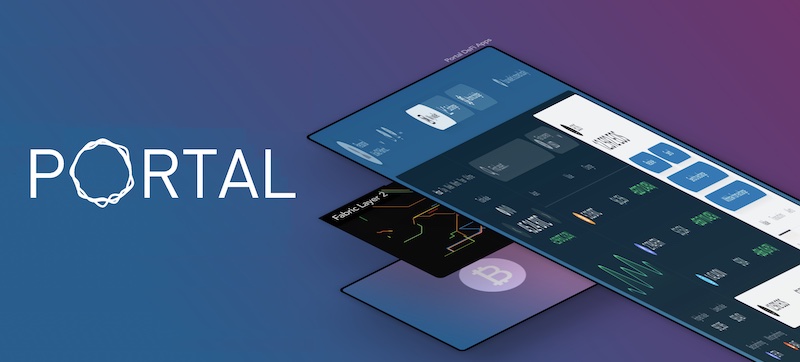Bitcoin (BTC) has emerged as the best-performing asset during the past decade. It has left behind gold in terms of overall performance and price appreciation during the last 12 years since its launch.
Although BTC is far from surpassing gold’s $10 trillion+ market cap, the pace at which the flagship cryptocurrency is growing in adoption should help it become the leading asset.
Even if BTC doesn’t become the world’s most valuable asset, it is definitely well on its way to establish a firm presence in global financial markets. However, any asset that’s going to claim a significant share of capital markets also needs a supportive financial ecosystem.
This means it should be seamless to engage in peer-to-peer lending with Bitcoin. It should also be fairly easy to borrow BTC via on-chain contracts.
However, this added functionality was not actually built into the protocol itself by its pseudonymous creator, Satoshi Nakamto. In order to address these requirements, Ethereum (ETH) was launched back in mid-2015.
Undeniably, the ETH Blockchain has provided much-needed capabilities like the option to program smart contracts and create decentralized applications (dApps) for borrowing, lending, and staking digital assets.
While the Bitcoin protocol itself isn’t Turing Complete, it has become the most well-recognized form of value that can be exchanged in a decentralized manner.
Millions of individual consumers and even well-established organizations have come to trust BTC when it comes to conducting permissionless, uncensorable transactions across borders or locally.
In order to Leverage the significant networking effects of Bitcoin while extending the functionality it provides, a number of projects are working on various innovative solutions.
Providing Comprehensive Financial Services while Harnessing Bitcoin’s Power
Portal, a self-hosted Layer-2 wallet and cross-chain DEX built on Bitcoin, has been introduced in order to perform atomic swaps between Bitcoin and other crypto-assets.
These types of transactions are needed because most users are not going to transact with just a single blockchain. They’re looking to carry out quick, secure, and private crypto transactions with a wide range of tokens.
That’s why the creators of Portal have secured millions of dollars in funding to develop a self-sovereign and uncensorable DeFi ecosystem on top of Bitcoin.
According to its developers, Portal will aim to offer widely-used financial services such as peer-to-peer lending. Many consumers and small businesses prefer working with P2P lenders like Bondora, EstateGurug, Blend Network, among many others (based mostly across Europe).
While these P2P lenders mainly offer fiat currency loans against property or some other traditional assets, Bitcoin might be more preferable.
That’s because you can conduct BTC transactions over permissionless networks, without needing to work with third-parties to finalize transactions.
Building Support for Options Trading and On-Chain Contracts
In addition to supporting P2P lending, the team at Portal plans to provide an ecosystem for engaging in options trading. When you acquire an option, you have the right but not the obligation to purchase a particular asset in the future at a pre-determined price.
Indeed, many large centralized exchanges are offering attractive options trading features. However, the team at Portal wants to allow users to take advantage of on-chain contracts and the Bitcoin blockchain itself to participate in options trading.
Although not all of these features have been developed and launched at this stage, they’re currently under development, the Portal team noted.
One of the most salient features that Portal aims to offer is the ability of the platform to leverage Bitcoin’s “hash time-locked contracts” to make sure that users remain in complete control over the funds that they provide for trading, thus preventing counterparty risk and the potential loss of funds.
This approach aims to incentivize anonymous, self-interested third-parties to support transactions between untrusting peers while ensuring a high level of security.
Portal’s team explains that they’re working on DeFi that’s built on Bitcoin. They believe that this should make DeFi truly unstoppable as it would be supported with anonymous, zero-knowledge swaps through a trustless, cross-chain DEX.
This approach should remove the requirement of minting wrapped coins (like wBTC or wETH) or users having to engage in risky staking with third-parties.
With Portal, DeFi could potentially mature into a service that anyone could offer, while ensuring anonymity within open, transparent financial markets. As noted by its development team, Portal is planning to provide a security model that would be as robust as Bitcoin mining.












